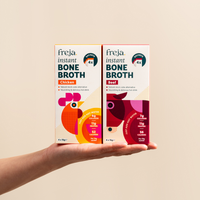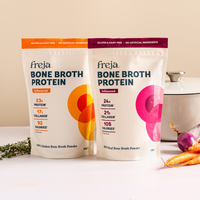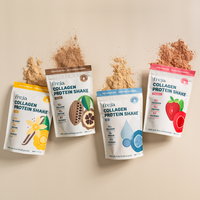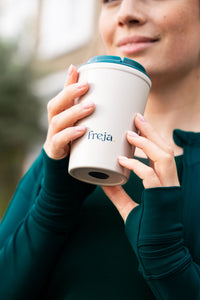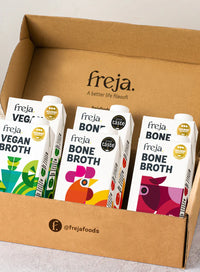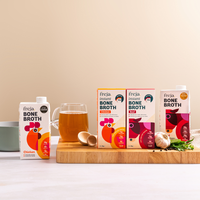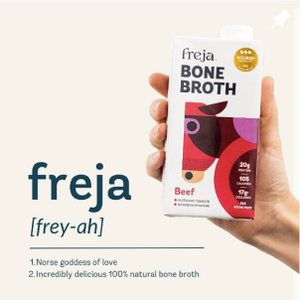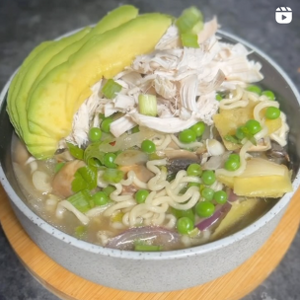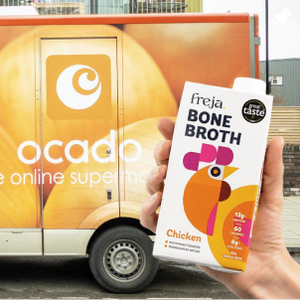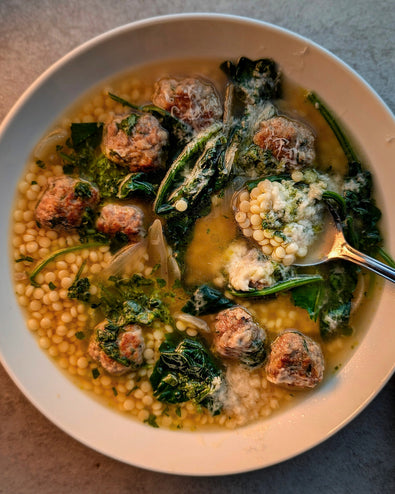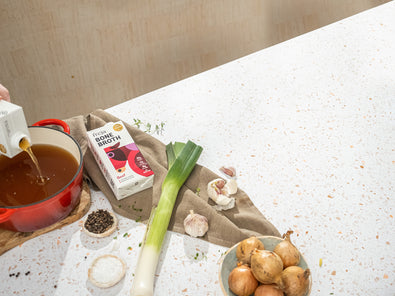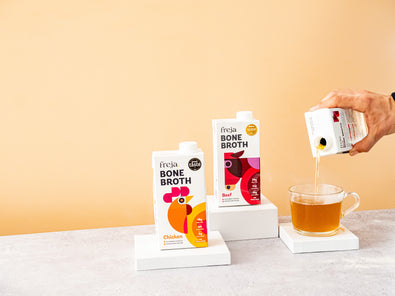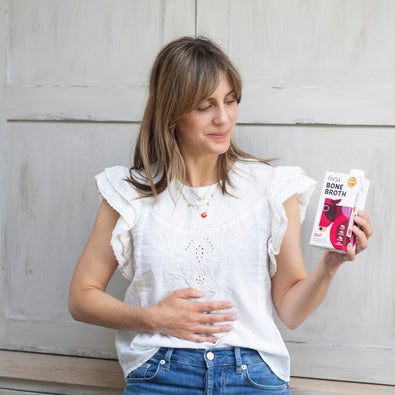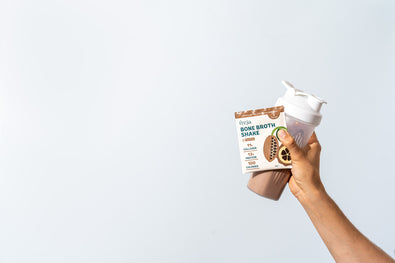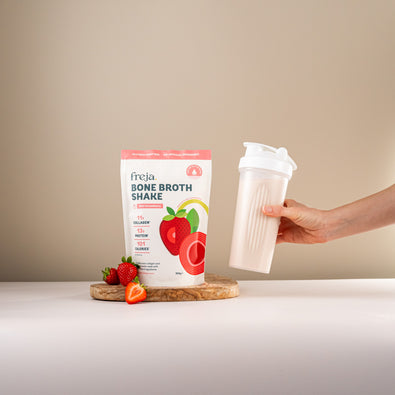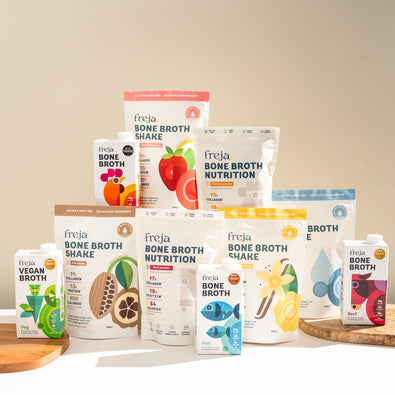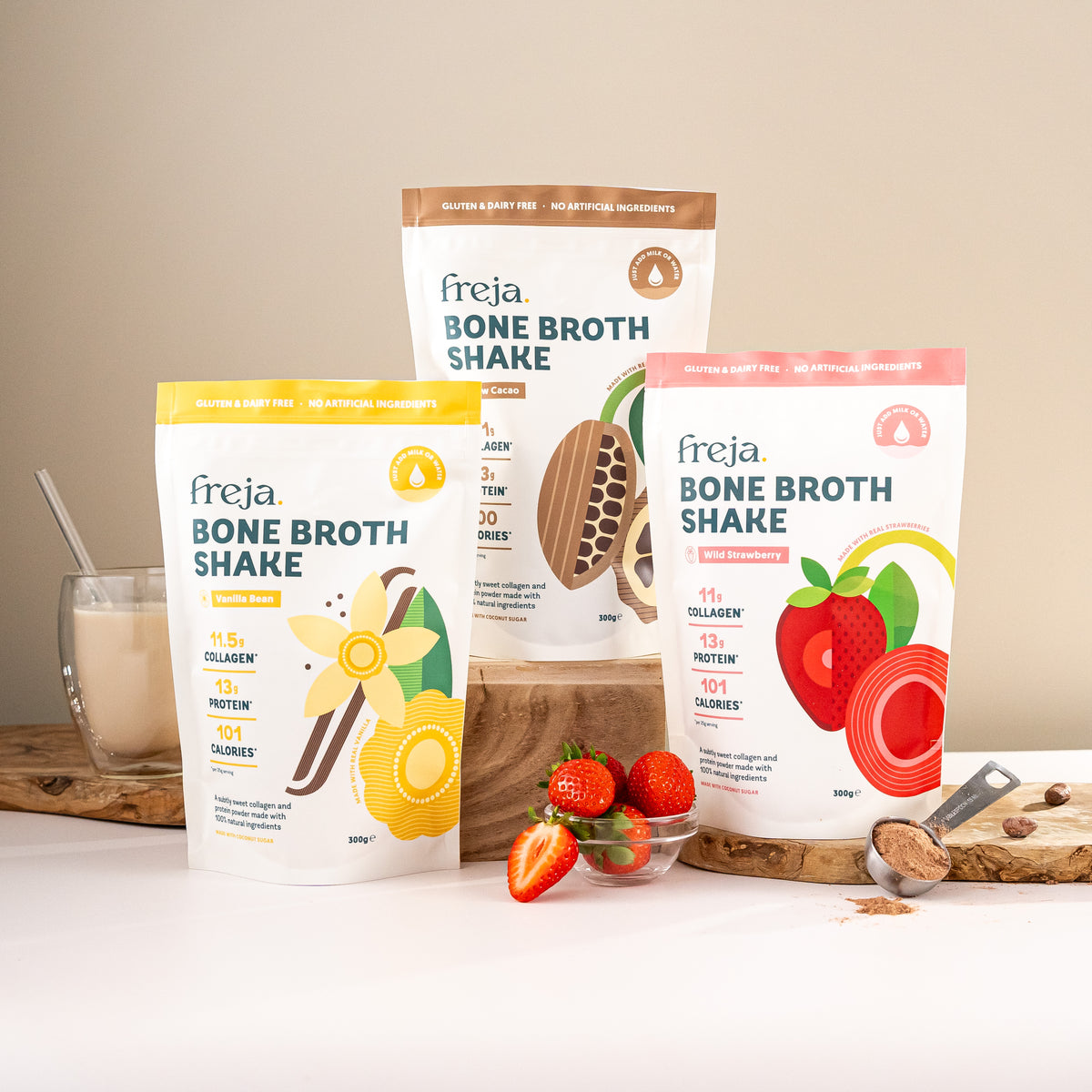Ultra-processed foods have made the news because of studies showing how unhealthy they are for our bodies. A lot of foods that seem healthy are actually ultra-processed, so it’s hard to know what processed foods to avoid.
That’s why we’ve made this list of healthy swaps that are easy to make and tasty to eat too.
What Are Ultra-Processed Foods?
The NOVA food classification system divides foods into four groups. These range from group 1, unprocessed or minimally processed foods, to group 4, ultra-processed foods.
Ultra-processed foods typically:
- Contain at least five ingredients but usually many more
- Contain industrial ingredients that you don’t have in your kitchen, like emulsifiers
- Contain few or no whole, natural ingredients
- Are made with industrial processes that you couldn’t imitate in your kitchen
- Are designed to be ready to eat or easily microwaveable
Examples include:
- Most sweets
- Chicken nuggets
- Fizzy drinks
- Instant noodles
And many, many more.
What’s the Difference Between Processed and Ultra-Processed Foods?
Processed foods aren’t fresh, natural whole foods. They’re the product of some kind of cooking process, and often they’re preserved in some way. But they are foods that you could potentially make in your kitchen (although it might be tricky), or that someone could have made a hundred years ago. And their ingredient list usually sounds more like a list of foods rather than a list of chemicals.
Examples of processed foods include:
- Cheese
- Bread made in a kitchen or a bakery, without artificial ingredients
- Cured meats
- Canned vegetables
- Jams
The difference is that ultra-processed foods are so artificial that they could only be made in a modern factory.
What’s Wrong with Ultra-Processed Foods?
Ultra-processed foods are often high in fats and sugar. If not, then they may contain a lot of artificial ingredients like sweeteners to take the place of sugar. And they’re usually low in fibre. This all adds up to bad news for your microbiome in your gut, where the bad bacteria love sugar and the good bacteria need high-fibre food.
NOVA emphasises that nature has given us many foods that are “instant” quick and easy snacks – such as water, nuts and fresh fruit. Ultra-processed foods take the place of these but are far less healthy.
How to Avoid Ultra-Processed Foods
A great way to filter unprocessed foods from super processed foods is to look at the food label. If there’s a long list of chemicals, that’s a no. If the ingredients list has four or fewer items, or ingredients that are mostly foods you recognise, it’s likely just processed food.
And of course, if the food is a whole food like a fruit, vegetable or egg that has no ingredients list at all, then that’s great.
7 Easy Swaps to Help You Eat Less Ultra-Processed Foods
Here’s some suggestions for easy swaps you can make in your everyday diet to cut down on ultra processed foods sneaking in.
1. Supermarket bread to a sourdough loaf
Is bread a processed food? Supermarket bread is ultra-processed because it contains preservatives and emulsifiers.
But a sourdough loaf from your kitchen or a bakery only needs a starter, flour, water and salt. And it gets its flavour from fermentation rather than from sugar or additives. We’ll see that trick in some of our other swaps too.
2. Stock Cubes to Bone Broth
“Instant”, “just add water” products are typical ultra-processed foods. And stock cubes are no exception. They often contain artificial flavours and powdered ingredients. And they generally don’t have any of the health benefits of real broth.
Freja bone broth, on the other hand, has just four ingredients: meaty bones, vegetables, herbs and water. But it provides protein, amino acids and minerals, as well as a 100% natural savoury taste.
3. Sugary Fizzy Drinks to Fermented Drinks
Fizzy drinks are an obvious ultra-processed food. They don’t resemble anything found in nature. Water is a great alternative, but a lot of people find it difficult to give up the strong taste of sugary drinks. And “diet” fizzy drinks aren’t an improvement, as they just replace sugar with chemical sweeteners.
Fermented drinks like kombucha or kefir offer a flavourful but less processed alternative. Also, scientific studies have found that eating fermented foods may help your gut and reduce inflammation.
Fermented foods shouldn’t be eaten by some people, such as those whose immune systems are weak or small children. But people who are in good health may want to explore fermented foods and drinks as an option.
4. Crisps to Nuts and Seeds
As you’d expect, flavoured crisps have a lot of artificial flavourings. But even ready salted crisps, which may have few ingredients, are considered ultra-processed foods because they deliver so many processed carbohydrates, salt and unhealthy fats.
Nuts and seeds are far better options, containing protein, fibre and good fats. In fact, roasted nuts and seeds without any added salt are counted by NOVA as unprocessed or minimally processed food.
5. Sugary, Fruit Flavoured Yoghurts for Live, Natural Yoghurts
Fruity yoghurts seem healthy, but they can be super high in sugar. Live, natural yoghurts, Greek yoghurt or kefir are a superior alternative because they don’t have the high sugar that feeds the bad bacteria in your gut. But they do have fermentation that gives them a tasty tang.
6. Vegetable Oils for Olive Oil
There’s a reason that the Mediterranean diet has become famous for heart health. Scientific studies have proven how beneficial it is for our bodies. And a key point of this diet is that it relies mostly on delicious olive oil for fat.
Other, highly processed oils with saturated fats just can’t compare.
7. If You Can’t Pronounce a Chemical Ingredient, Don't Buy It!
It can be difficult to know what foods are ultra-processed and unhealthy for your body. But a good tip is just to avoid buying foods with chemical emulsifiers, flavours and preservatives on their ingredients list. Aim for foods with ingredients that you would have in your own kitchen – vegetables, fruit, meat, milk, herbs and spices.
Swap Processed Foods for All-Natural Bone Broth
If you’re looking to make healthy swaps to avoid ultra-processed foods, Freja bone broth is a great place to start. Our all-natural broths are low-fat and high in protein, collagen and amino acids. Drink it in the morning, evening or just as a midday snack to unlock a long list of benefits.

